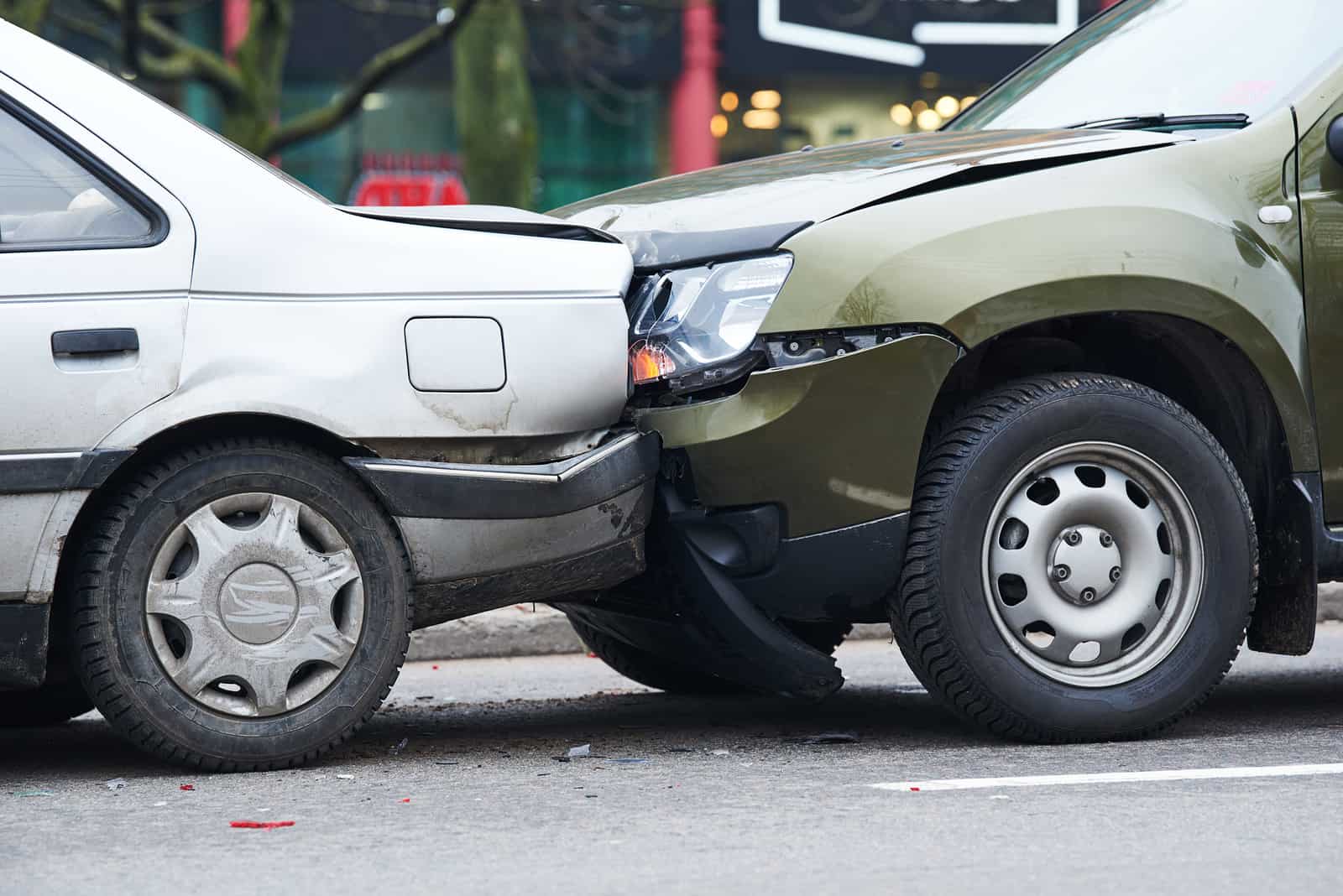Whenever you hit the road, you run the risk of getting into an accident. When you’re in unfamiliar territory, surrounded by drivers with different habits than you might be used to, the odds of a collision increase. Whether you’re in your hometown or far from your usual stomping grounds, accidents have a way of shaking you up. Regardless of where an accident occurs, there are certain steps that must be taken: calling the police, getting examined by a doctor and filing a claim with your insurance company must all be handled in the immediate wake of a crash.
When an accident happens out of state, though, there are added layers of complication. Since each state has their own set of laws surrounding car accidents and insurance claims, you may need to file your claim sooner than you might anticipate. Statutes of limitations vary from state to state, and if you miss your window of opportunity, you could be stuck footing expensive medical and car repair bills. To further complicate things, your home state’s laws and the laws of the state where the accident occurred can sometimes both apply after a wreck.
Insurance Coverage in Out of State Accidents
Just as traffic laws vary by state, so does insurance coverage and laws requiring drivers to hold auto insurance policies. Generally speaking, all 50 states require drivers to have insurance, but not all enforce this rule the same way. Thankfully, your auto insurance coverage follows you throughout the entire United States. Regardless of where your home base might be, your auto insurance limits will adjust automatically to meet the required standards in the state where your crash occurred.
With that said, though, you should call and check with your insurance company before making regular out-of-state trips. A road trip here or there is understandable, but start driving for work or business with any regularity and your insurance company will want to know about it. They may require you to purchase a business use policy, which can be more expensive but carry more coverage in case of a wreck.
Different States, Different Rules
While insurance coverage may follow you from state to state, you’ll be subject to local laws when you get into an accident far from home. For example, if you are driving in a no-fault state, your insurance company will be expected to cover the cost of your medical bills regardless of whether or not your caused the crash. Even if you are from a state that is not no-fault, your insurance company will adjust to meet the requirements of the state where your crash happened.
Should you be ticketed out of state, you’ll need to pay for it even if you don’t live there. Failure to do so can result in the suspension of your driver’s license. You can fight the ticket if you believe it was unfairly written, but you may be required to appear in court to do so. If you do opt to pay for the ticket, work to get it removed from your record by inquiring about defensive driving or deferred program options that the state may offer. Since any ticket you receive runs the risk of increasing the cost of your insurance coverage, it’s worth asking about.
Filing a Lawsuit Against a Driver From a Different State
In some cases, you may want to consider filing a lawsuit against the driver who caused your accident out of state. To do so, you’ll need to file suit in the state in which the driver lives. If you’re in California, for instance, and want to sue someone who caused your accident in Oregon, you’ll want to file in Oregon. You may begin initial proceedings through the mail, but you’ll be required to go to court in person for any hearings relating to the accident. Pay close attention to that state’s statute of limitations, because you’ll want to get your lawsuit underway before the time runs out.
If you’re not sure whether or not you’d like to file a lawsuit, consider speaking with a car accident attorney in your area. Many offer free consultations to give you key insight into your options moving forward. While not every car accident necessarily needs to result in a lawsuit, a lawyer can give you a good idea of your possible outcomes should you decide to file suit.
Need helping finding an experienced local car accident attorney? Lawsuit Info Center can help. Start with our car accident settlement calculator for an idea of how much your case could be worth. Then call 877-810-4067 to get connected to a lawyer near you. After a scary collision far from home, we’ve got the resources you need to put the crash behind you.


